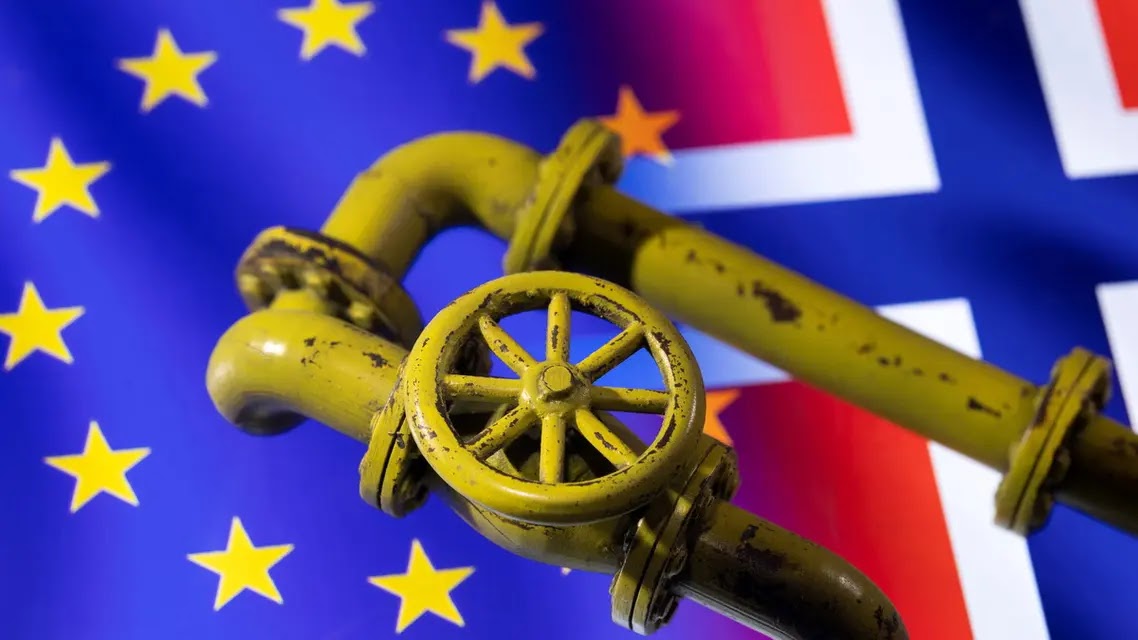Goldman Sachs: 3 million barrels per day of Russia's seaborne exports at risk.
Hungarian Prime Minister Viktor Orban said the European Union will not impose sanctions on oil and gas supplies from Russia.
"We agreed in the European Union not to endanger energy imports," Orban added.
And 16% of Russian gas exports go to Germany to secure 49% of its needs, and 12% to Italy to meet 46% of its needs, while 8% of Russian gas exports reach France to secure 24% of its needs.
8% of Russia's exports go to Belarus, and 6% to Turkey.
The Ukraine war and Western sanctions on Moscow exposed the global economy to an epic energy shock. "The uncertainty about how to resolve this conflict and the oil shortage is unprecedented," Goldman Sachs strategists wrote in a note to clients.
Goldman Sachs predicted that given Russia's key role in global energy supplies, the global economy could soon face one of the largest energy supply shocks ever, adding that the scope of the shock "could be enormous".
Goldman Sachs said that the Russian-Ukrainian crisis may lead to the suspension of about 3 million barrels per day of exports of Russian oil and petroleum products transported by sea. If this continues, the bank said, it will be the fifth largest disruption in one month since World War II, after the 1973 Arab oil embargo, the Iranian revolution in 1978, the Iran-Iraq war in 1980 and the Iraq-Kuwait war in 1990.
Even after the release of emergency oil reserves, increased oil production from OPEC, and the prospect of lifting sanctions on Iran and Venezuela, Goldman Sachs said the global oil market would be left "without a barrier." This would require "undermining demand through higher prices," the bank warned.
In other words, the world will have to use less oil. That, in turn, could hurt the economy, as it means less car travel, less flying, and less oil used to make products like plastics.
Goldman Sachs raised its forecast for the price of Brent crude to $ 135 from $ 98 previously. The bank also now expects Brent crude to trade at $115 next year, up from $105.
"The range of potential outcomes remains extreme given the threat posed by high oil prices to the global economy," Goldman Sachs strategists wrote.
The Source
- Agencies
